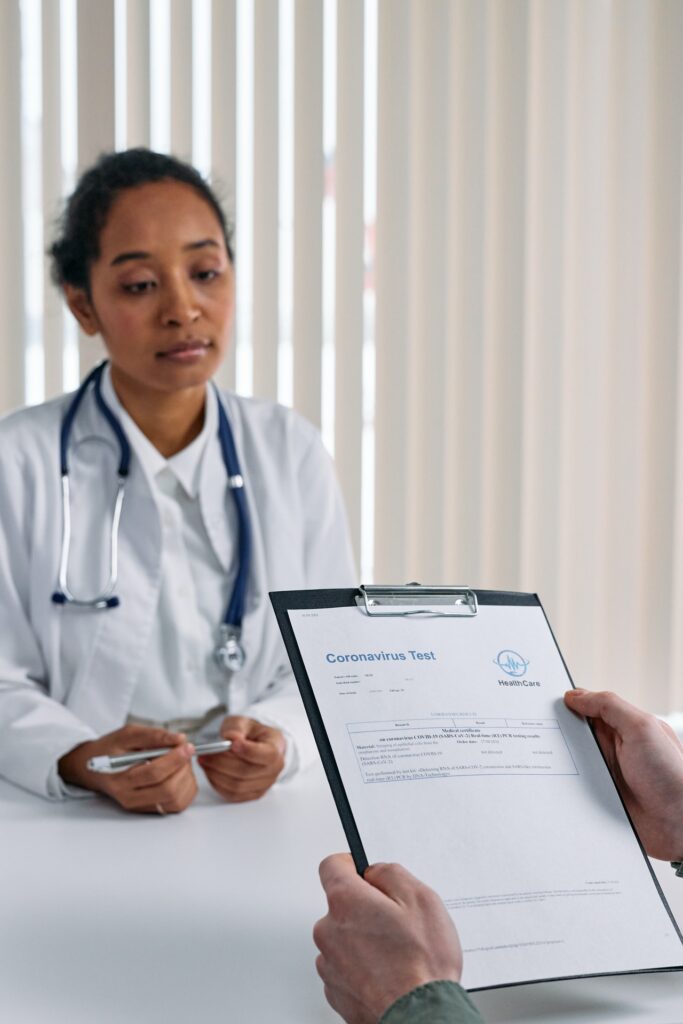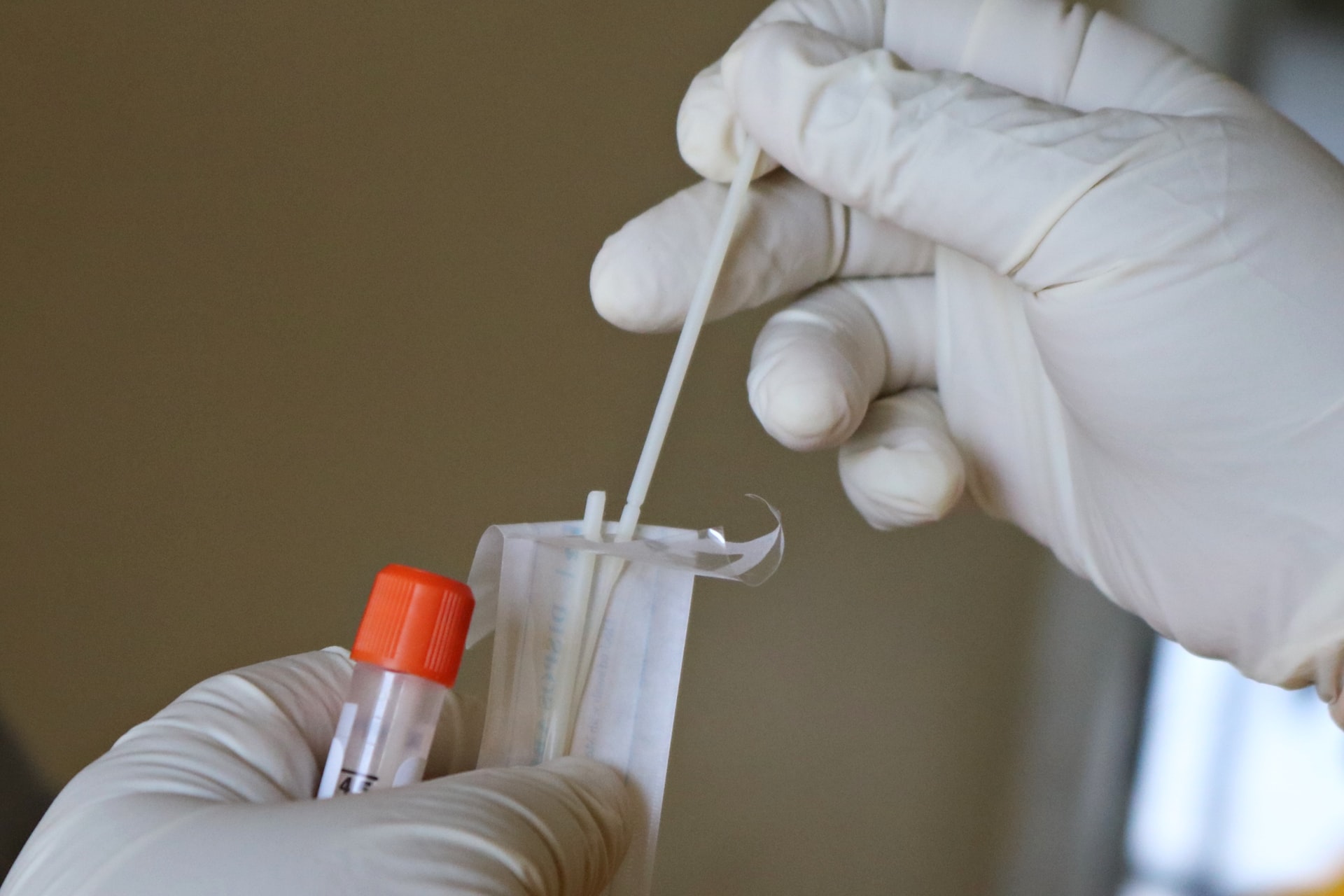Scotland is a beautiful country that offers some of the most breathtaking scenery anywhere in the world. It is blessed with some of the most spectacular scenery that you will never see anywhere else. Many visitors come to Scotland year after year because they want to experience all of the scenery that the country has to offer.
The benefits of travelling to Scotland are many, especially for first-time travellers. Its Highlands and castles appeared in many movies and videoclips making it a very desirable destination. However, travelling to Scotland in the coronavirus context may pose certain difficulties, particularly if you are not vaccinated. Therefore for those included in that list, there are some extra costs to consider when travelling to Scotland like managed isolation, PCR Glasgow tests or Edinburgh, depending on the airport you’ll arrive at.

In What Cases Is PCR Glasgow Testing Recommended?
Currently, anyone travelling to Scotland from outside of the UK will not need to self-isolate at managed hotels but will need to complete a passenger Locator Form, and take a COVID-19 test before travelling to Scotland. After arrival, people coming from countries that are not on the red list, are required to take an Antigen or a PCR Glasgow test. However, if you are travelling from one of the designated red list countries you will be sent directly into managed isolation which essentially means that your movement is restricted to hotel premises only. Apart from being required to stay in a prepaid hotel, you will have to take a PCR test before departure and a PCR test in Glasgow on day two and one on day 8. This applies to all passengers travelling to Scotland and to the rest of the UK as well.

A Little Background On PCR Testing
If you need to determine if you have been infected with coronavirus, you should definitely plan on taking a PCR test, such as a polymerase chain reaction or an Antigen test. PCR tests however have been considered the gold standard in laboratory tests due to their reliability and accuracy. In order to determine the virus in a specimen, several steps must be performed, and the entire procedure must be done reproducibly (if it is possible) and the accuracy is not compromised.
There are a couple of different ways to perform a PCR test on a material to determine whether it contains coronavirus. One method is known as the traditional PCR, where the DNA sample is mixed with a synthetic DNA sample that is then run through the polymerase chain reactions. This is the most commonly performed method for determining the identity of a specific virus. The problem with this method is that, since the DNA from the sample is inserted into another material, it is possible for mistakes to occur, leading to false results. Furthermore, since the insertions of the DNA are random, the test can be invalidated if the insertions are close to other sequences in the original material.
For these reasons, many laboratories have recently begun to use nucleic acid hybridization (RNCH), qPCR, and PCR primers as methods of gene identification. Instead of inserting DNA into a material, the researchers collect a DNA sample from a fluid and perform polymerase chain reactions to generate a DNA clone from the sample. Based on the differences between the clones produced, medical researchers can identify which strain is responsible for producing the disease.
Final Words
While it can be difficult to deal with security issues when travelling to Scotland via either an international airport, the traveller can mitigate these problems by being updated with up-to-date information. Those travelling to Scotland should ensure they are vaccinated against the coronavirus and have their PCR Glasgow Tests pre-booked in advance to ensure their safety. Anyone travelling to Scotland should ensure they have up-to-date information with regard to the testing options and entry requirements.
